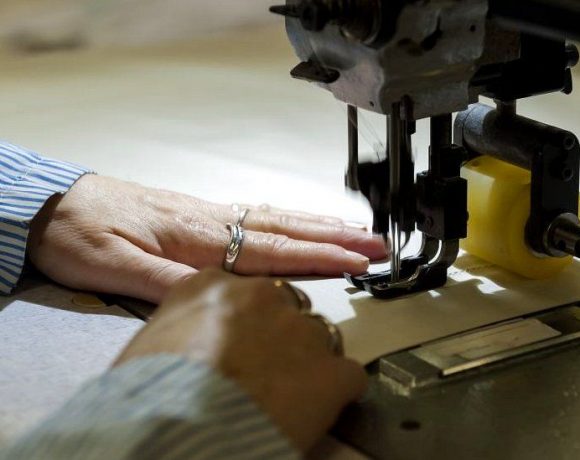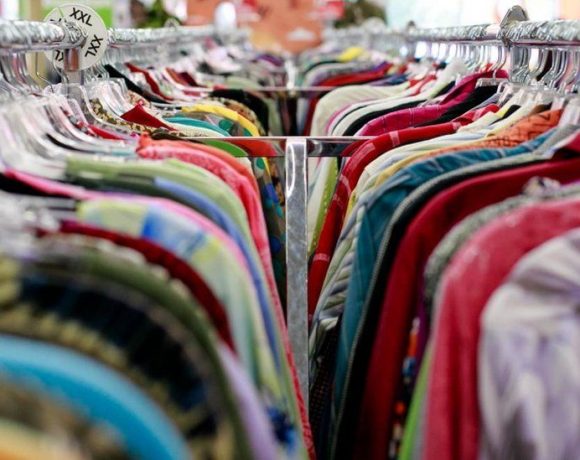
France is introducing a bonus scheme to encourage consumers to repair their clothes and shoes rather than discarding them. Starting in October, customers will receive discounts ranging from €6 to €25 per repair.
Bérangère Couillard, the junior ecology minister, expressed concerns about the 700,000 tonnes of clothing that end up in French landfills annually. The government plans to allocate €154 million over five years to fund the program. The aim is to support the repair sector, create job opportunities, and combat the issue of “fast fashion.”
The scheme will offer rebates for various repairs, such as €7 for a new heel and €10-€25 for new lining in garments. Refashion, a group responsible for implementing the initiative, revealed that 3.3 billion clothing items were sold in France last year. However, some critics argue that the government is unfairly stigmatizing the clothing industry and wasting public funds. Pascal Morand of the Haute Couture and Fashion Federation expressed concerns about the potential impact on luxury brands.
In addition to the bonus scheme, France plans to introduce new labeling rules from January 2024. These rules will require manufacturers to disclose the environmental impact of their products, including water usage, chemical usage, the risk of microplastic emissions, and the use of recycled textiles. The fashion industry is a significant sector in France, generating €66 billion in turnover last year and employing thousands of people.
While France is the EU’s fourth-largest fashion exporter, the industry has experienced a decline in recent years. In 2020, French consumers spent an average of €430 on clothing, which is below the EU average.
Picture Courtesy: Google/images are subject to copyright

